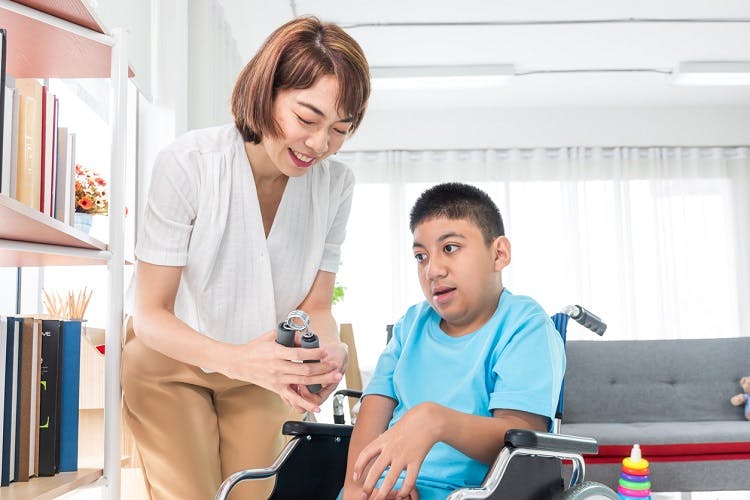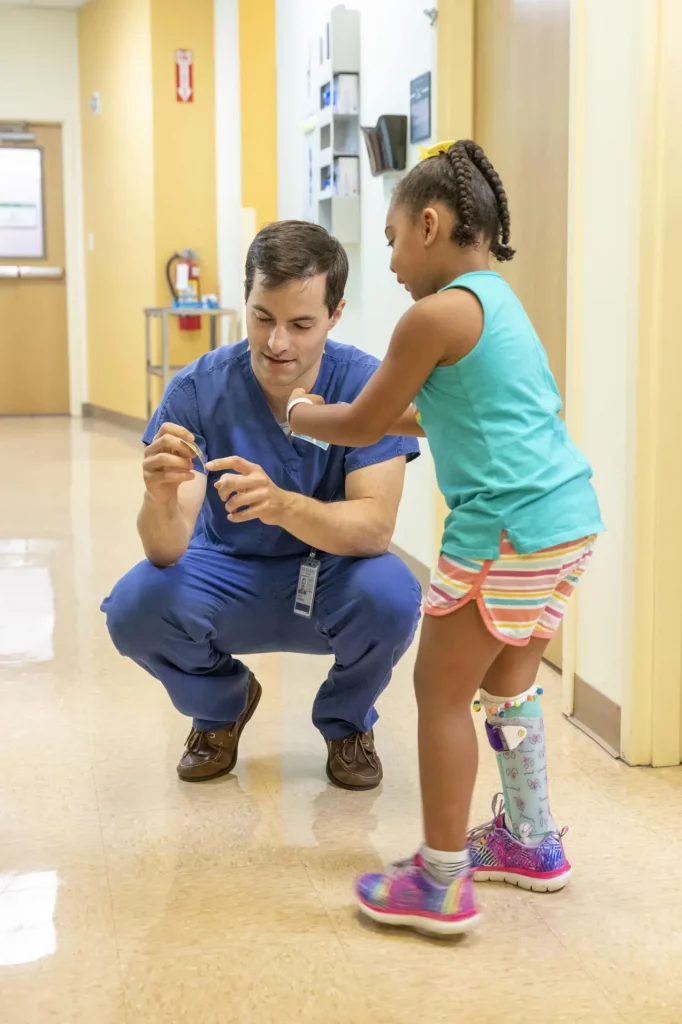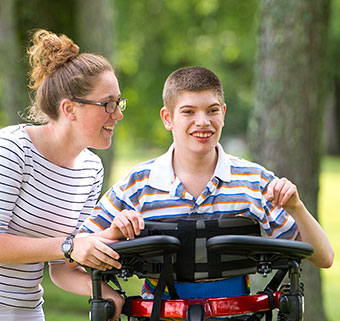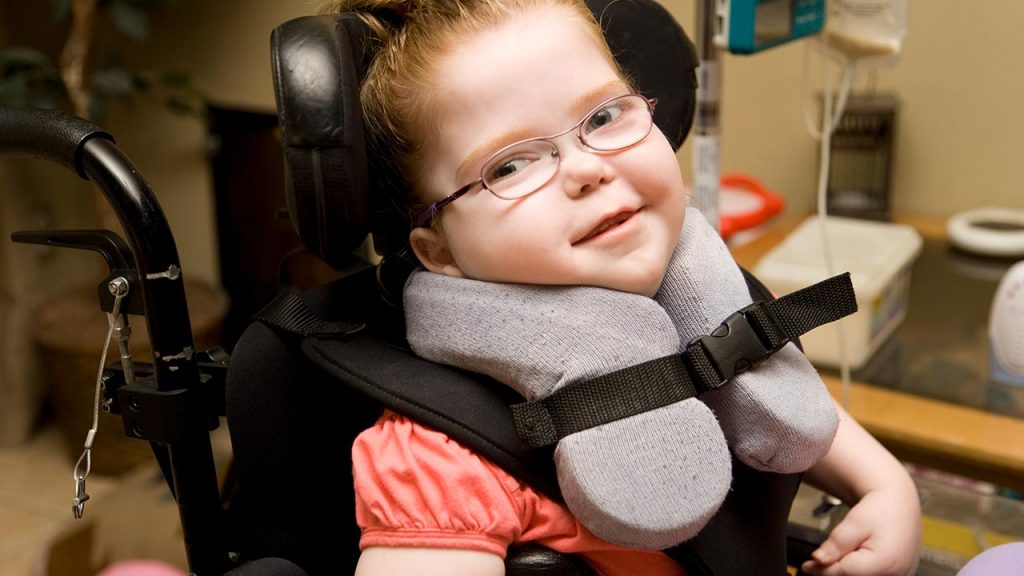
Cerebral Palsy (CP) is characterized as a series of ailments that occur when the areas of the brain that control movement and muscles are impaired or grow abnormally in individuals. It has an impact on a person’s mobility, stability, and posture. Although cerebral palsy solely refers to a movement disability, it can also be accompanied by behavioral issues, intellectual incapacity, seizures, visual or hearing abnormalities, and other developmental issues.
The most typical motor impairment in children is CP. They experience problems with faltering muscles due to the damage that occurs before, during, or shortly after birth. The degree of the brain’s deterioration determines how the muscles change.
Early-pregnancy infection, inadequate oxygen to the brain, and faulty brain development are the main causes of cerebral palsy. Cerebral palsy cannot be cured, but it can be held in check with a program of physiotherapy and other therapies that allow affected individuals to live as normally as possible.
There are various forms of cerebral palsy which include:


Most adults who have cerebral palsy can work, go to college, have jobs, and start families. Our care professionals are there to make sure they may live happy and purposeful life for their families as well as for themselves. They need care that includes personal care, assistance with everyday tasks, optimization of mobility, pain management, fostering and assisting of life skills development, and stimulation of self-care.
Children with cerebral palsy will struggle with oral and fine motor skills, posture and stability, muscle mass, and reflexes. To make sure the full treatment plan is carried out by a care team with the specialized expertise to meet their complex needs, we collaborate closely with the specialty center caring for a child with cerebral palsy and their consultant pediatrician.
Our care team not only supports a child with movement but also with feeding those who use a gastrostomy tube as well as those who feed themselves. The carer will also prioritize social interactions, promoting developmental stages and academic achievements along with providing personal care and company.
